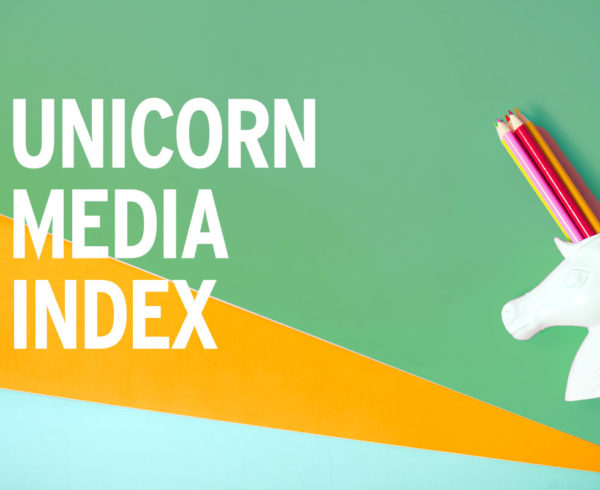Writing with soul – can AI do it?
As the art – or perhaps the act – of writing becomes increasingly automated, I often wonder what my first PR boss and noted grammarian, the late Fred Hoar, would think of generative AI’s language skills. If your writing wasn’t spot on, Fred would politely inform you that it had “no soul.” That it did not capture “the wonderful rhythm of the English language.”
Writing without “soul” was a mistake you didn’t make twice with Fred. If you were a human being. But what if you’re a robot? Can AI adjust enough to write with “soul,” to capture what Fred called “the wonderful rhythm of the English language?”
I do think we can all agree that AI is going to change journalism forever. But I don’t think it’s going to replace journalists.
– Ashley Paula-Legge
Whether or not AI has enough “soul” was a regular topic for many of the influencers interviewed during Season 1 of Pressing Matters, Big Valley’s series of conversations with the top media and influencers in B2B technology. Throughout the season, we asked every guest about the future of journalism. AI’s potential to take over all or part of journalism came up often.
CNBC’s Jon Fortt, for instance, expressed concern over our dangerous obsession with clickbait and algorithms. Fast Company’s Harry McCracken and wireless expert Sue Marek spoke on the overall rise of AI as a story and a tool, respectively. And others spoke of non-AI matters related to journalism’s future. The Drill Down host Cory Johnson and former CNET Editor in Chief Connie Guglielmo, for example, offered ideas on which business model or models might lead journalism forward.
But clearly, it’s interest in AI that has snowballed since we introduced Pressing Matters one year ago. In this month’s anniversary edition of our podcast, debuting September 19, I asked both Big Valley Marketing’s Editor in Chief Charlie Cooper and Media + Influencer Practice AI guru Ashley Paula-Legge a question to further explore this issue:
Will AI ever replace great writing?
Simple stuff, first drafts – sure. But great writing? The kind with “soul?”
“We need to have some perspective,” said Cooper, a former B2B journalist. “Technology today ain’t necessarily going to be where technology is tomorrow. And AI is moving so fast that, yeah, the stories that you would generate today with an AI tool like Bard or ChatGPT, they’re a little bit boring, stilted. But five or 10 years from now, don’t be surprised if that soul that you’re looking for, that inspiration, may sadly be there. Because the fact is, this is an incredibly transformative tool, and it’s going to look a lot different 10 years hence.”
Paula-Legge countered: “At what point are you talking about giving AI the responsibility? Because if you are replacing all of the research and the thought and everything that goes into storytelling, not simply the writing, I don’t see how you can’t have a human involved. Maybe the roles are different and AI changes. I do think we can all agree that AI is going to change journalism forever. But I don’t think it’s going to replace journalists.”
So who is right? As we head into Season 2 of Pressing Matters, we’ll ask our guests what they think. Can AI have soul? And if so, will it replace journalists? We’ll also still ask all our guests if they are optimistic about journalism and continue to dig into their careers and lives, allowing you to get to know them as people rather than bylines and avatars.
Tune in for Pressing Matters, Season 2!
Already booked for next season: a B2B tech influencer with hundreds of thousands of followers, a Forbes tech/start-up reporter, a FierceWireless editor, an IOT podcast host, and a reporter who wrote for both The Wall Street Journal and Bloomberg. We’ll announce more guests soon.
In the meantime, thanks for listening and being part of our journey through Season 1 and into Season 2.











